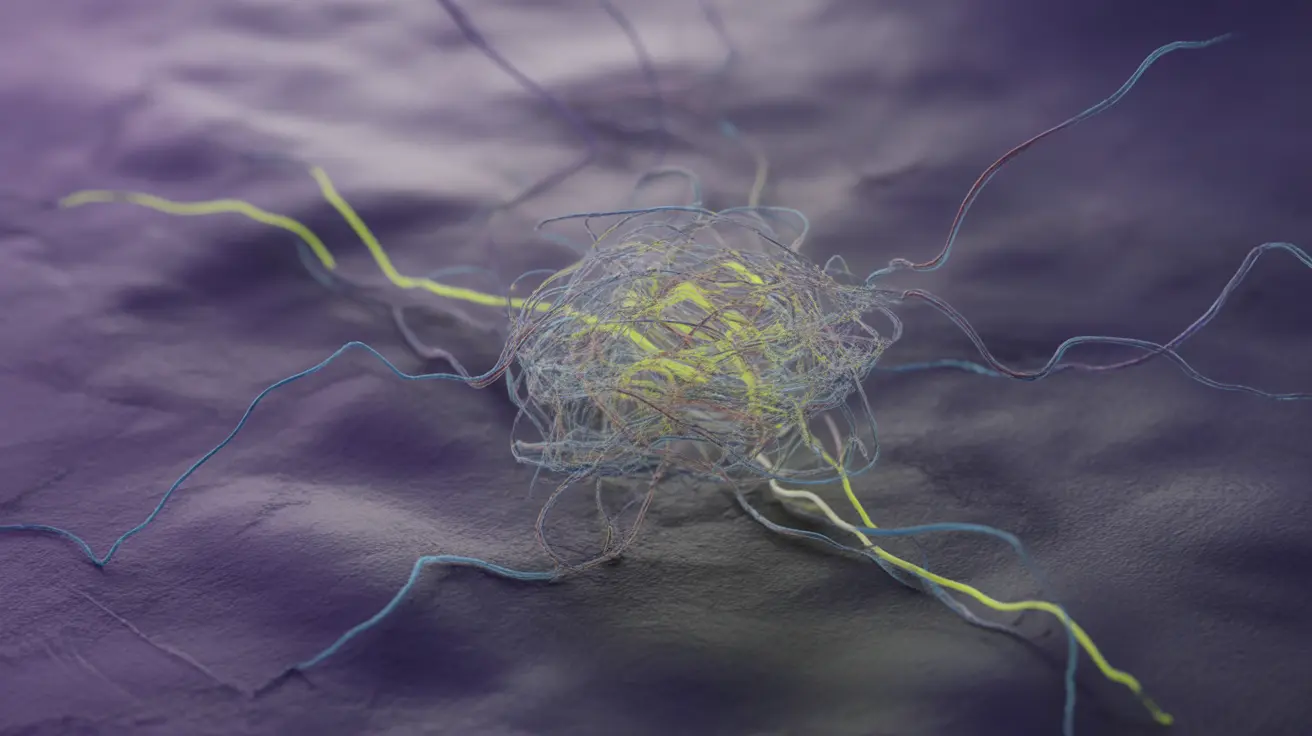The relationship between cocaine use and depression represents a complex interplay of brain chemistry, addiction, and mental health. As substance abuse and mental health professionals increasingly recognize this connection, understanding how cocaine affects mood and contributes to depressive symptoms has become crucial for both treatment and prevention.
This comprehensive guide explores the intricate relationship between cocaine use and depression, examining both immediate and long-term effects on mental health, while highlighting available treatment options for those affected by this dual challenge.
How Cocaine Affects the Brain's Reward System
Cocaine directly impacts the brain's natural reward pathway by flooding it with dopamine, a neurotransmitter associated with pleasure and motivation. Initially, this creates intense euphoria, but over time, it can lead to significant changes in brain chemistry and function.
The brain's natural reward system becomes disrupted through repeated cocaine use, making it increasingly difficult to experience pleasure from normal activities. This disruption often sets the stage for depressive symptoms, especially during periods of withdrawal or attempted recovery.
Depression During Cocaine Withdrawal
When someone stops using cocaine, they typically experience a crash period characterized by various psychological and physical symptoms. Depression often emerges as a prominent feature of cocaine withdrawal, manifesting through:
- Intense feelings of sadness and hopelessness
- Loss of interest in previously enjoyable activities
- Fatigue and low energy
- Changes in sleep patterns
- Difficulty concentrating
- Suicidal thoughts or ideation
Long-Term Effects on Mental Health
Chronic cocaine use can lead to lasting changes in brain structure and function, potentially increasing vulnerability to depression even after cessation of use. These changes can affect:
Mood Regulation
The brain's ability to naturally regulate mood becomes compromised, making individuals more susceptible to depressive episodes.
Stress Response
Long-term cocaine use can alter how the brain responds to stress, potentially leading to increased anxiety and depression.
Cognitive Function
Memory, decision-making, and emotional processing may be impaired, contributing to depressive symptoms and making recovery more challenging.
The Depression-Relapse Cycle
Depression plays a significant role in cocaine addiction relapse. Many individuals return to cocaine use in an attempt to self-medicate depressive symptoms, creating a dangerous cycle that can be difficult to break without professional intervention.
Treatment Approaches
Effective treatment for cocaine-related depression typically requires a comprehensive approach that addresses both the addiction and mental health aspects:
Integrated Treatment Programs
- Dual diagnosis treatment
- Cognitive Behavioral Therapy (CBT)
- Medication-assisted treatment when appropriate
- Group therapy and support groups
- Individual counseling
Support Systems
Building strong support networks and developing healthy coping mechanisms are crucial elements of successful recovery from both cocaine use and depression.
Frequently Asked Questions
How does cocaine use lead to depression and affect the brain's dopamine system?
Cocaine artificially increases dopamine levels in the brain, leading to eventual depletion and dysfunction of natural dopamine production. This disruption can cause depression as the brain struggles to maintain normal pleasure and reward responses without the drug.
What are the common symptoms of depression during cocaine withdrawal?
Common symptoms include persistent sadness, fatigue, sleep disturbances, loss of appetite, difficulty concentrating, and potentially suicidal thoughts. These symptoms typically emerge within days of stopping cocaine use and can last for weeks or months.
Can long-term cocaine use cause lasting changes in mood and increase the risk of chronic depression?
Yes, prolonged cocaine use can cause lasting changes to brain structure and function, particularly in areas responsible for mood regulation. This can increase vulnerability to chronic depression, even after stopping cocaine use.
How is depression related to the risk of relapse in people recovering from cocaine addiction?
Depression significantly increases relapse risk as individuals may return to cocaine use to temporarily alleviate depressive symptoms. This creates a dangerous cycle where depression and addiction reinforce each other.
What treatment options are available for addressing both cocaine dependence and co-occurring depression?
Treatment options include integrated dual diagnosis programs, cognitive behavioral therapy, medication-assisted treatment, support groups, and individual counseling. The most effective approach typically combines multiple treatment modalities tailored to individual needs.




